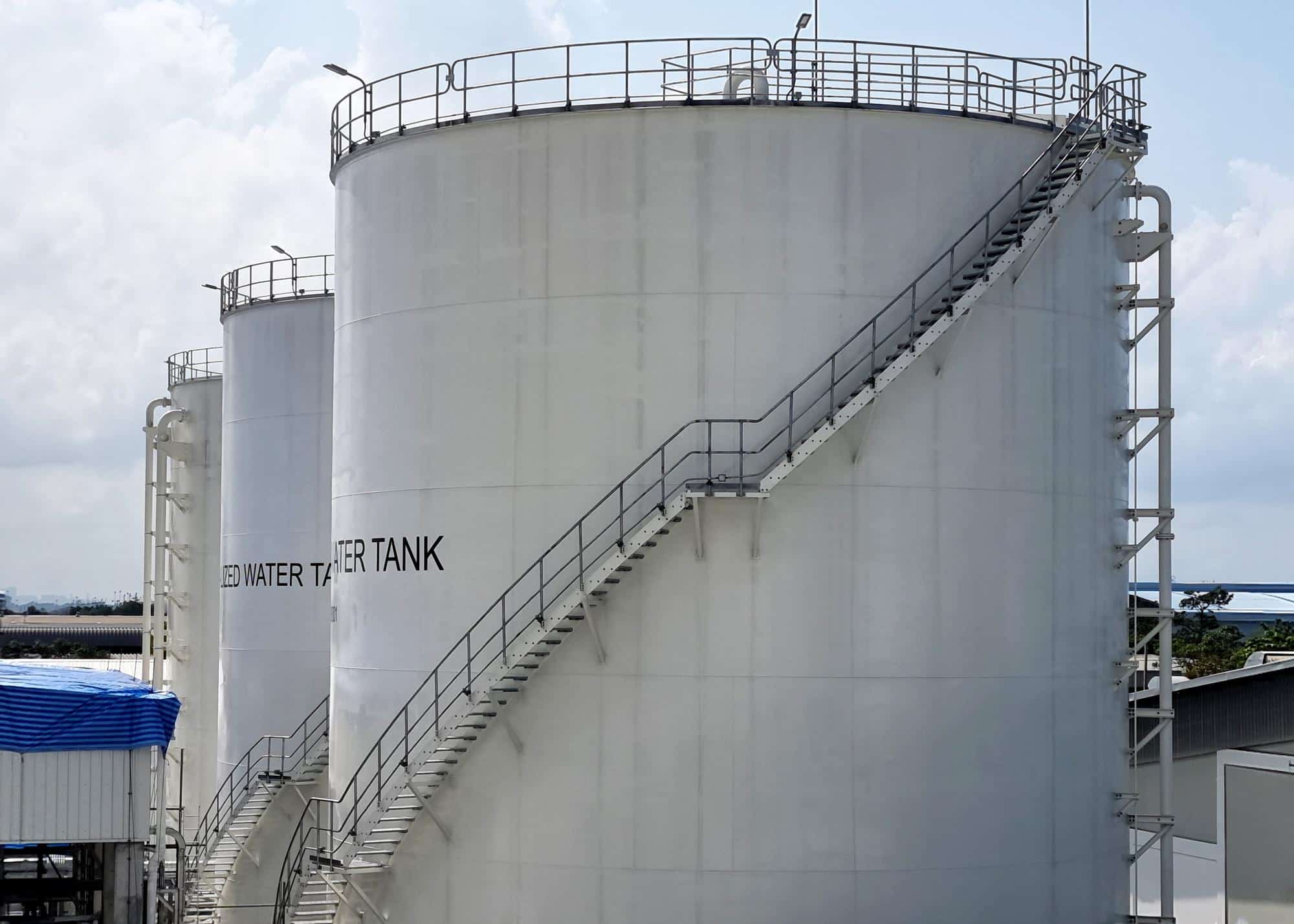The Constitution affords everyone the right to access sufficient water. The Water Services Act 108 of 1997 (WSA) sets the legislative framework to give effect to this right by regulating institutions that manage the access and delivery of water services. These institutions include water services authorities, or municipalities, water services providers, water services intermediaries, water boards, and water services committees.
The Act also recognises that cooperative governance is vital in any efforts to provide water supply and sanitation services. Accordingly, national and provincial government also form part of the overall institutional structure of the water services environment.
Ensuring that every person has access to water services is the responsibility of local government, however national and provincial government have a pivotal monitoring and oversight part to play ensuring that municipalities execute their water services functions effectively. In its preamble, the WSA recognises the duty on all spheres of government to ensure that water supply and sanitation services are provided efficiently, equitably and sustainably and to strive to provide these services for subsistence and sustainable economic activity. A constitutional duty is placed on national and provincial government to support and strengthen, through legislative and other means, the capacity of municipalities to manage their affairs, exercise their powers and perform their functions.
In the case where a municipality is unable to deliver the required water services, the province may assume the responsibility of ensuring water services are delivered to people in the area. Leadership and the relevant province are also required to monitor the performance of municipalities to ensure compliance with prescribed national values and standards.
MEB can assist water services intermediaries, service providers and authorities who have the mandate to provide utility scale water supply to vulnerable communities, with reliable advanced solutions to combat water shortages.

